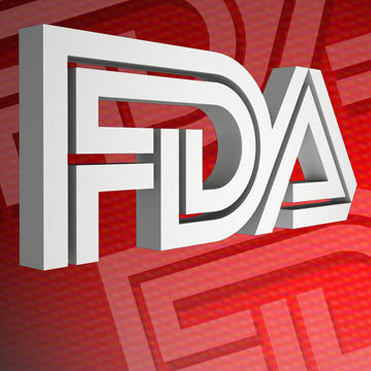Want to Disclose Your GMOs? The FDA Has Suggestions For That.
Today certain parties within the foodscape were in an uproar over the news that the FDA has approved genetically modified salmon for sale to consumers; this will be the first genetically engineered animal for human consumption in the US.
However, few seemed to notice that as part of the announcement, the FDA also very helpfully released some suggestions for those companies that want to voluntarily call attention to the fact that they are using genetically modified (GMO) ingredients (of the aquatic nature or otherwise).
Beyond potentially tattooing the salmon itself, the agency suggests that rather than use the term “GMO,” manufacturers use consumer-friendly terms “modern biotechnology,” “genetic engineering” or “bioengineering.”
It’s a move that seems to run counter to much of the food industry’s desire to avoid any kind of legislation — state or federal — that could force it to disclose the use of GMOs. Many large food corporations are currently lobbying in state and federal legislatures (where the DARK act is in discussion) to avoid labeling their products as containing GMOs.
While that state of affairs might make it seem unlikely that these FDA guidelines will be used voluntarily, it also points to why it might be an extensive set of disclosures. Genetically engineered crops have become widespread since their commercial introduction in 1996. The document states that for the US in 2013, “bioengineered soybeans made up 93 percent of the acreage of planted soybeans, bioengineered cotton made up 90 percent of the acreage of planted cotton, and bioengineered corn varieties made up 90 percent of the acreage planted corn.”
When labeling foods that are produced using genetic engineering, the FDA suggests language that “provides information in a context that refers to bioengineering technology.” As an example, the FDA provides the packaging wording “Some of our growers plant soybeans seeds that were developed through modern biotechnology to be drought tolerant.”
In the guidance document, the FDA also pays careful attention on how to properly — if not appetizingly — call out bioengineered ingredients in a multi-ingredient food. For example, “This product contains laurate canola from bioengineered canola that may be used as an alternative to palm kernel oil.”
The FDA also issued guidance in how to label foods that are not derived from genetically engineered plants.

















